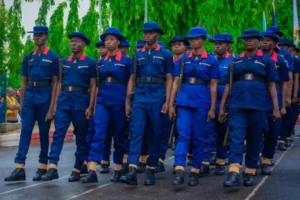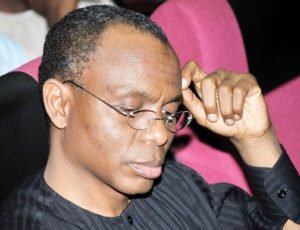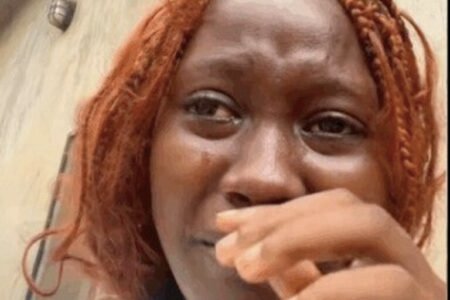Canada expelled six Indian diplomats, including the high commissioner, on Monday, accusing them of the murder of a Sikh separatist leader and alleging a larger campaign to target Indian dissidents in Canada.
Earlier in the day, India replied by ordering the expulsion of six high-ranking Canadian diplomats, including the acting high commissioner, and announcing the withdrawal of its envoy from Canada, contradicting Canada’s assertion of expulsion.
The diplomatic row marks a significant deterioration in relations between the two Commonwealth countries. Ties have strained since Canadian Prime Minister Justin Trudeau claimed last year that he had evidence linking Indian operatives to the death of Sikh leader Hardeep Singh Nijjar on Canadian soil.
The government now has “clear and compelling evidence that agents of the government of India have engaged in and continue to engage in activities that pose a significant threat to public safety,” Trudeau said at a news conference.
These actions included clandestine information gathering techniques, coercive behaviour, targeting South Asian Canadians, and participation in over a dozen threatening and violent acts, including murder, he stated.
“This is unacceptable,” he said, adding that India had committed a fundamental error by engaging in criminal activities in Canada.
India has repeatedly refuted Trudeau’s charges. On Monday, it criticised Canada’s move on the investigation, accusing Trudeau of following a “political agenda.”
In an earlier news conference, the Royal Canadian Mounted Police stated that the Indian government had launched a widespread campaign against Indian dissidents, involving killings and extortion.
It also employed organised crime to target the South Asian population in Canada and interfered with political processes, according to authorities. Brigitte Gauvin, the RCMP’s assistant commissioner, stated that “what we have seen is… the use of organised crime elements” and identified “the Bishnoi group.”
She said the group “we believe… is connected to the agents of the Government of India.”.
According to India’s National Investigation Agency (NIA), Lawrence Bishnoi is the head of an organised criminal enterprise. He is in a jail in western India, awaiting trial on terrorism accusations.
Bishnoi’s lawyer, Rajani, who only goes by one name, said of the Canadian charges, “This case will be probed; the investigating agencies will look into it. Whatever is present will be disclosed.
Regarding the NIA’s charges, she stated that the cases are still being probed and that final charges have not yet been filed.
Canada’s foreign ministry said: “The decision to expel these individuals was made with great consideration and only after the RCMP gathered ample, clear, and concrete evidence that identified six individuals as persons of interest in the Nijjar case.”.
India stated that it was removing its diplomats from Canada because it did not believe their safety could be assured.
“We have no faith in the current Canadian government’s commitment to ensure their security. Therefore, the Government of India has decided to withdraw the High Commissioner and other targeted diplomats and officials,” India’s foreign ministry said in a statement.









